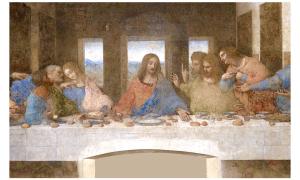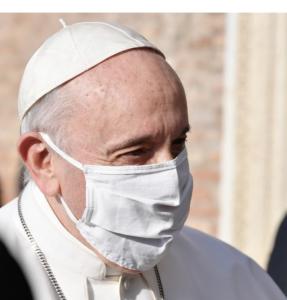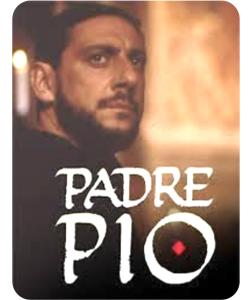 Conventional Christian Theology promulgates the doctrine that Jesus Christ, the Son of God, leaves us with a renewable and everlasting gift in the form of the Eucharist, the actual body of Christ (God).
Conventional Christian Theology promulgates the doctrine that Jesus Christ, the Son of God, leaves us with a renewable and everlasting gift in the form of the Eucharist, the actual body of Christ (God).
A gift to be renewed and given to mankind…over and over during the ‘Liturgy’ of the Mass and it’s related rubrics ….Holy Communion or Lord’s Supper celebrations.
The word ‘liturgy’ (Leitourgia) stems from the Greek, literally meaning a publicly witnessed action. It merits pause to consider the reason that Christ may have instituted this most indelible and everlasting gift, the giving of his very body as the pinnacle communal act which now serves as the focal point of the Catholic Church (and to some extent, most Orthodox and many Protestant Churches.) Bread and wine were not merely human staples, but had already been used in early Jewish rituals, especially at Shabbat.
Christ, it might follow, via the Eucharist, chose to appeal specifically to one of the human senses, that of Taste, and uses primarily this human sense as the liturgical centerpiece to the Mass.
Although the other senses of touch, hearing, smell and sight may be tangentially involved in the Catholic Celebration, it is nonetheless curious that this singular human sense is the one which Christ predominantly embraces as a special way for communing with mankind, and in providing of grace.
Ostensibly, he chose this very distinct channel of Taste and Consumption by which to serve as that conduit for infusing his actual body and spirit into us, actually nourishing the human body and soul.
He could possibly have as easily selected an alternative ritual or other venue, appealing to the any of the other senses, in order to institute this bonding new sacrament to his disciples, but he didn’t.
Consider the sense of touch. Christ could have perhaps chosen and instituted, as example, merely the clasping of hands or of embracing others and then stating to all ” My Love Touches All.. Do this in memory of me.” An act which would then become a liturgy focal point of the Mass, rather than the act of assimilating Bread and Wine (his body)
Likewise, he could have as easily produced and instituted a certain sound by ringing a small bell before the disciples, appealing to their sense of hearing, and thereby likewise instituting a new communal act which would bind all together at some similar form of repeated liturgical celebration. He could have augmented this act by uttering some other directive such as “Do this in memory of me… for all to ‘Hear’ the truth…”
He could have even maybe have chosen the olfactory sense of smell, via perhaps a communal act of possibly smelling a fresh rose or fragrant spice from a shared golden vial and stating “The Goodness of the Lord is Sweet.. do this in memory of me” …as that supernatural gesture that would forever bind mankind to his spirit.
However, ultimately, he chose taste and food as that binding factor which serves as the focal point and quintessential expression of the Eucharistic liturgy, an act which would be re-enacted for all time and the central theme for the Church.
So then, in his infinite wisdom, Christ chose the specific human sense of taste by which mankind is spiritually nourished and intrinsically bound to him in the communal act of human consumption; taste and nutrition to sustain the Soul as well as Body. And he did so with the immortal words “Take and eat this all of you, for this is my Body.”
Genius…pure genius that only True God could institute.












